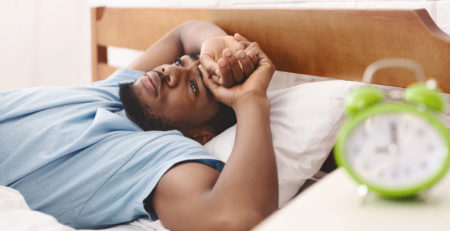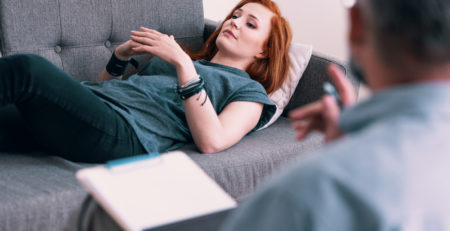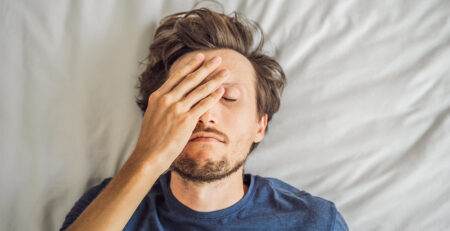What Is Hangxiety?
While many people use alcohol to self-medicate social anxiety, ease distress and enhance enjoyment, the aftermath can tell a different story. Beyond the typical hangover symptoms like headache and nausea, you may experience a less discussed but equally distressing effect the morning after heavy drinking – “hangxiety.” This clever portmanteau combines “hangover” and “anxiety,” encapsulating the dread and emotional turmoil that can follow a night of binge drinking.
Unpacking Hangxiety
Hangxiety isn’t only regretting things you did or said under the influence or trying to piece together fragmented memories from the night before. It’s a complex interplay of psychological and physiological reactions. Here’s what you need to know about post-drinking anxiety.
- Psychological withdrawal: Drinking alcohol releases dopamine, a neurotransmitter associated with pleasure. However, as these effects wear off, the sudden drop in dopamine levels can leave you feeling uneasy and low. This phenomenon is akin to a mini-withdrawal where your body craves the missing euphoria and calm that alcohol temporarily provided.
- Exacerbation of existing anxiety: Using alcohol as a coping mechanism can backfire if you already have an anxiety disorder. Alcohol initially dampens the central nervous system, reducing inhibitions. Unfortunately, your anxiety will return with increased intensity once the alcohol starts leaving your system.
- Physical symptoms heightening anxiety: Hangover symptoms like dehydration, headache, and imbalanced electrolytes can exacerbate feelings of anxiety. The discomfort leads to a heightened state of physical stress, which can trigger anxiety even in those who do not typically suffer from it.
Symptoms of Hangxiety
Hangxiety manifests through various mental and physical symptoms.
- Emotional distress: Feelings of dread, guilt, and heightened worry about actions from the night before.
- Physical discomfort: Increased heart rate, sweating, and headaches contribute to the overall anxiety experienced.
- Panic attacks: In severe cases, hangxiety can trigger full-blown panic attacks, marked by overwhelming fear and physical symptoms that can feel like a heart attack.
- Fatigue: Alcohol disrupts the sleep cycle, leading to poor sleep quality. This lack of rest can compound feelings of anxiety and depression the next day.
Breaking the Cycle
It can be challenging to break the pattern of drinking to relieve your anxiety, only to experience restlessness and dread and trying to escape with more alcohol. However, understanding hangxiety will help you manage it.
- Moderation: Limiting your alcohol intake can prevent the severity of hangxiety.
- Hydration and nutrition: Alcohol dehydrates you and depletes vital nutrients. Drinking water and replenishing with healthy foods can mitigate some physical symptoms.
- Awareness and support: You must recognize and admit that you use alcohol as a crutch. Therapy can be more beneficial in the long run.
- Seek professional help: For those struggling with alcohol use and its emotional aftermath, a dual-diagnosis treatment program can offer structured support and strategies to manage a drinking habit and underlying mental health issues.
At Serene Behavioral Health, we understand the complexities of mental health issues like hangxiety. Our compassionate approach helps people explore healthier coping mechanisms and provides support for co-occurring anxiety and substance use. We’re here to take your call when you are ready to request help.












